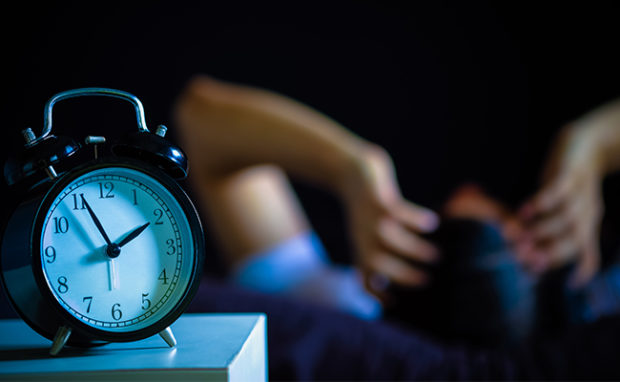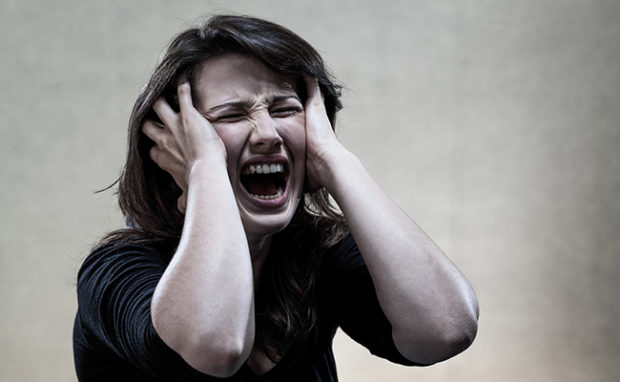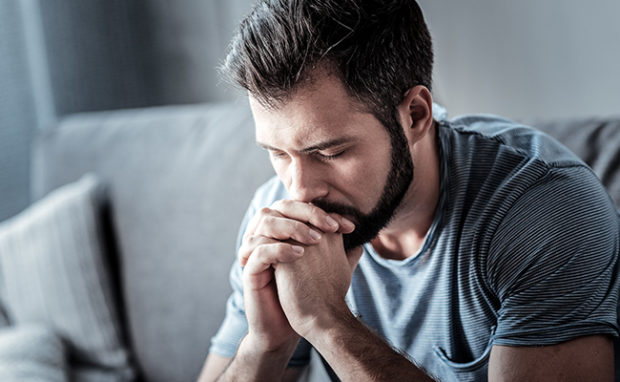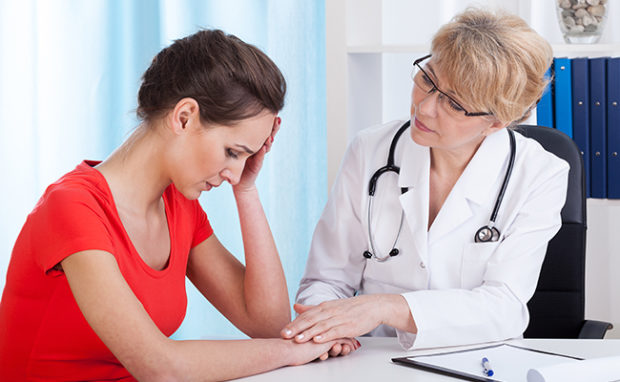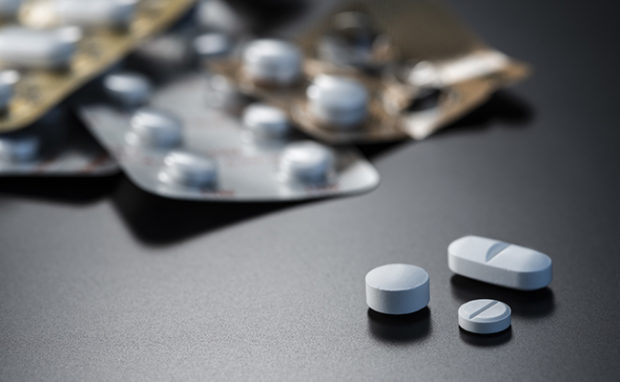Warning Signs Of Depression
Warning Signs Of Depression: It could be clinical, where you may need medication and the ‘normal’ type which basically everyone has at some point in their lives experienced. I was once depressed in my life. I know all too well how it feels. My reasons at that time were really grave for me but I look back and it’s not as heavy as I actually felt.
Depression is a disorder that makes you feel, act and respond differently from your normal self, it’s a feeling of despondency and dejection.
Your daily activities turn into boring tasks. Things you once loved, you loathe. Being an illness in the mind, it is not easy to notice and at times the symptoms and signs are misdiagnosed into what is and what is not.
Early Signs of Depression
It is normal to feel down. What’s not normal is to have that feeling extend over a long period, without any end in sight. This is typically what people with depression go through.
About 300 million people battle with depression globally, according to the World Health Organization.
Even worse, you might not realize that it is an issue in your life.
It affects people in different ways and pinpointing the warning signs of depression could help save lives as well as prevent it from growing into other severe mental health conditions.
Here are some signs that you or a loved one is depressed and how to seek treatment for depression:
Losing Interest in the Things You Once Loved

When depressed, most people start withdrawing from the daily activities that sparked joy into their lives. The motivation to work, indulge in hobbies and even meet up with friends might fade away. While it might start as a simple loss of motivation, it grows into a complete lack of interest if left unattended.
Hopeless Outlook on Life

For some people, depression changes their entire outlook on life. You might feel like your hopes and dreams are tough to achieve. It might also become tougher to push yourself to work beyond your typical limits. In some cases, feelings of self-hate, worthlessness, and guilt can also be depression symptoms. Often, you might find yourself trying to find the point of doing something you are used to.
Fatigue and Sleep Issues

You might often experience high fatigue levels when depressed. In most cases, this might lead to you not only sleeping more but also spending less time doing the things you love. For other people, depression might be a precursor to insomnia. While you may lack sleep when experiencing depression, inadequate sleep might lead to you being moody. In turn, this makes the depression even worse.
Changes in Appetite

Experiencing depression can affect your appetite in two ways; you can eat more or lose your appetite. Either way, both paths can be quite detrimental to your health. If it leads to you eating a lot, you will experience weight gain, which can be a gateway to serious conditions such as obesity and diabetes. Losing excessive weight due to depression isn’t healthy either. It can lead to conditions such as gallstones, muscle loss, and nutritional deficiencies.
Moodiness and Irritability

Although a snappy attitude isn’t necessarily a telltale sign of depression, it can be a sign if you experience rapid changes in mood. For instance, you might find that you get angry at the slightest provocation. In some of the worst cases, these bouts of anger could easily result in the harm of others or self-harm. In case you notice these symptoms, talk to your doctor to prevent the condition from escalating to the point of self-harm.
It Might be Harder for Men to Express Their Depression
Different genders respond to depression in different ways. Women are typically vocal with their feelings, meaning that it can be quite easy for them to cry and show emotion as they experience depression.
On the flip side, society typically perceives men as strong people, which is why it’s tougher for men to show their emotions. Instead, depression in men can be manifested through irritability and anger. However, the signs for depression are typically the same for both genders.
Types of Depression
1. Major Depressive Disorder
People with major depression are typically in a dark, all-consuming mood that robs them of their happiness and interest in daily activities.
You might notice that you are having trouble sleeping, loss of energy, feeling sadness and worthlessness and loss of appetite.
In extreme cases, you might have morbid thoughts and even thoughts of suicide. The condition can be alleviated through cognitive behavioral therapy, antidepressants or electroconvulsive therapy.
2. Postpartum Depression
It is common for people to confuse postpartum depression with baby blues.
While baby blues is a feeling of fatigue, worry, and unhappiness after pregnancy, postpartum depression is a feeling of extreme anxiety and sadness after the birth of your child. In fact, one in nine women experiences it in the United States.
It can make it tough for the mother not only to connect with her child but also take care of herself.
If left untreated, the condition can go on for months and even years, according to the National Institute of Mental Health. Some of the best treatment options for it include medication and talk therapy.
3. Seasonal Affective Disorder
This condition emerges as the seasons change and the days get shorter, especially during fall and winter.
The resulting change in mood comes from how the body’s natural rhythm functions.
For instance, the changes in day lengths affect the production of serotonin and melatonin hormones, which are vital in regulating your mood.
Among the best treatment methods for this condition is light therapy, which will need you to sit close to an intense light source at certain times of the day. Medication and psychotherapy can also help treat it.
4. Persistent Depressive Disorder
When experiencing the persistent depressive disorder, your period of downtime can extend for a long time – at least two years.
You might manage to do daily activities, but you will still experience bouts of sadness and hopelessness.
Typically, it isn’t as intensive as major depression, making it tougher to identify. Other symptoms of this type of depression include sleep cycle changes, low self-esteem, low energy and changes in appetite.
Related Articles
5. Bipolar Disorder
This condition is a combination of depressive and manic symptoms. You will experience bouts of downtime with high levels of sadness.
However, you will also experience manic symptoms, which are polar opposites of depression.
These symptoms include high self-esteem levels, increased pursuit of pleasure through taking risks and the decreased need for sleep.
When the manic symptoms kick in, you will feel great for some time.
This is typically followed by periods of sadness and hopelessness.
The medication for this condition is different from the other conditions and is aimed at stabilizing the mood of the victim.
Using Medication to Treat Depression

Antidepressants are among the best options for treating depression. A lot of factors go into choosing the right medication for you.
For instance, the doctor will consider other medications you are on, possible side effects of the medication, other medical conditions and any anti-depressants you have been on in the past.
At first, you will need to take the medication at a low dosage. The dosage can be increased with time until improvements are noticed or significant side effects emerge.
How Long Will You Take The Medication?

For first-timers, the drugs are typically administered for a period of six to twelve months.
Your doctor will typically pay attention to your progress to both identify side effects and improvements.
If your doctor notices that you have responded well to the medication for a long time, he/she will determine if it is finally safe to do away with the medication.
However, you should never stop taking the medication without talking to your doctor first.
If you stop taking depression medication abruptly, you might experience side effects like nausea, headache, flu-like symptoms, and even dizziness.
Depression can stop you from making any progress in life. Even worse, it can make it tougher to interact with your friends, family, and colleagues.
The sooner you identify the signs of depression and treat it, the better for you. Pay close attention to your mental health to avoid the adverse effects such as mental illnesses can have on your life.



